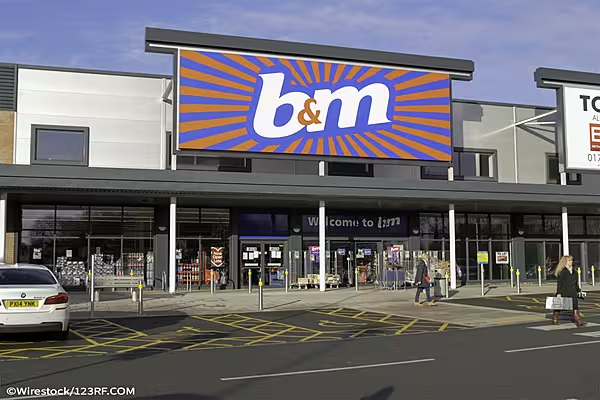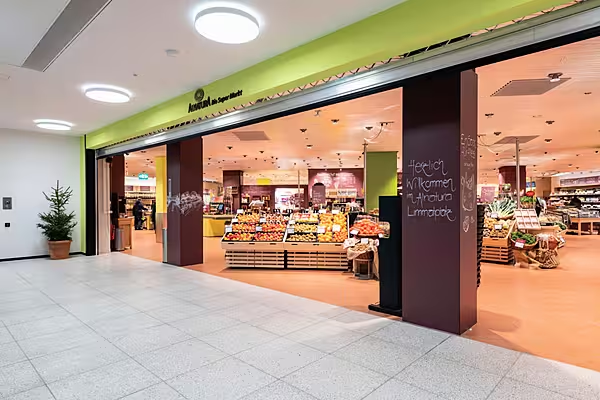British retailers plan to cut investment by the most in more than five years against a generally weak backdrop for consumer spending and rising costs, the Confederation of British Industry said.
The CBI's quarterly survey of retailers showed that an investment intentions balance – the difference between the percentage of stores planning to invest more or invest less – sank to its lowest since May 2019 at -56% in February, down from -27% in November.
"Persistently weak demand conditions and the impact of the autumn budget have dampened retailers' sentiment, contributing to the steepest deterioration in investment intentions in nearly six years," CBI principal economist Martin Sartorius said.
Retailers and other businesses have complained about a £25 billion (€30.2 billion) rise in employers' social security contributions in the new Labour government's first budget on 30 October as well as other cost increases.
Consumer Demand
Consumer demand has remained weak too, despite wages now rising faster than inflation.
The CBI's monthly retail balance – which shows the difference between retailers reporting year-on-year rises and falls in sales volumes – edged up only marginally to -23 in February from -24 in January.
Retailers expect sales in March to be weaker than normal for the time of year due to Easter falling in late April this year.
Elsewhere, retail sales in the UK increased by 2.6% year-on-year in January 2025 compared to growth of 1.2% in the same period last year, according to the latest BRC-KPMG Retail Sales Monitor data.
Food sales increased by 2.8% year on year in January, against a growth of 6.1% in January 2024, data showed. This was more than the three-month average growth of 2.3% and below the 12-month average growth of 3%.









